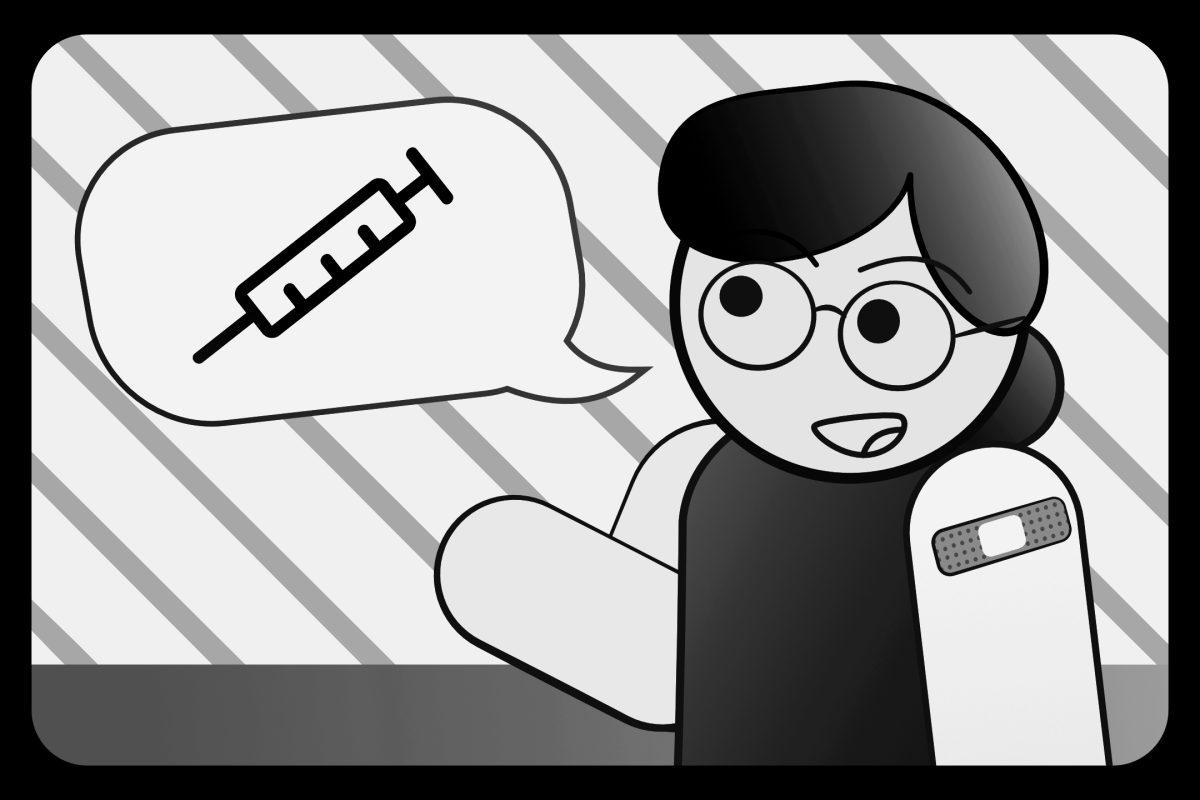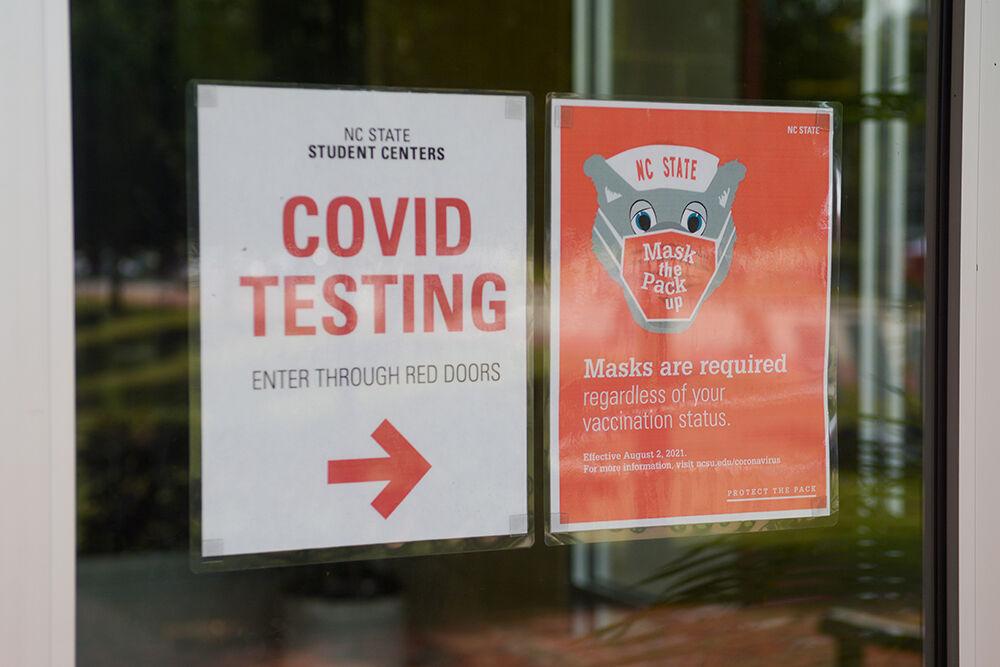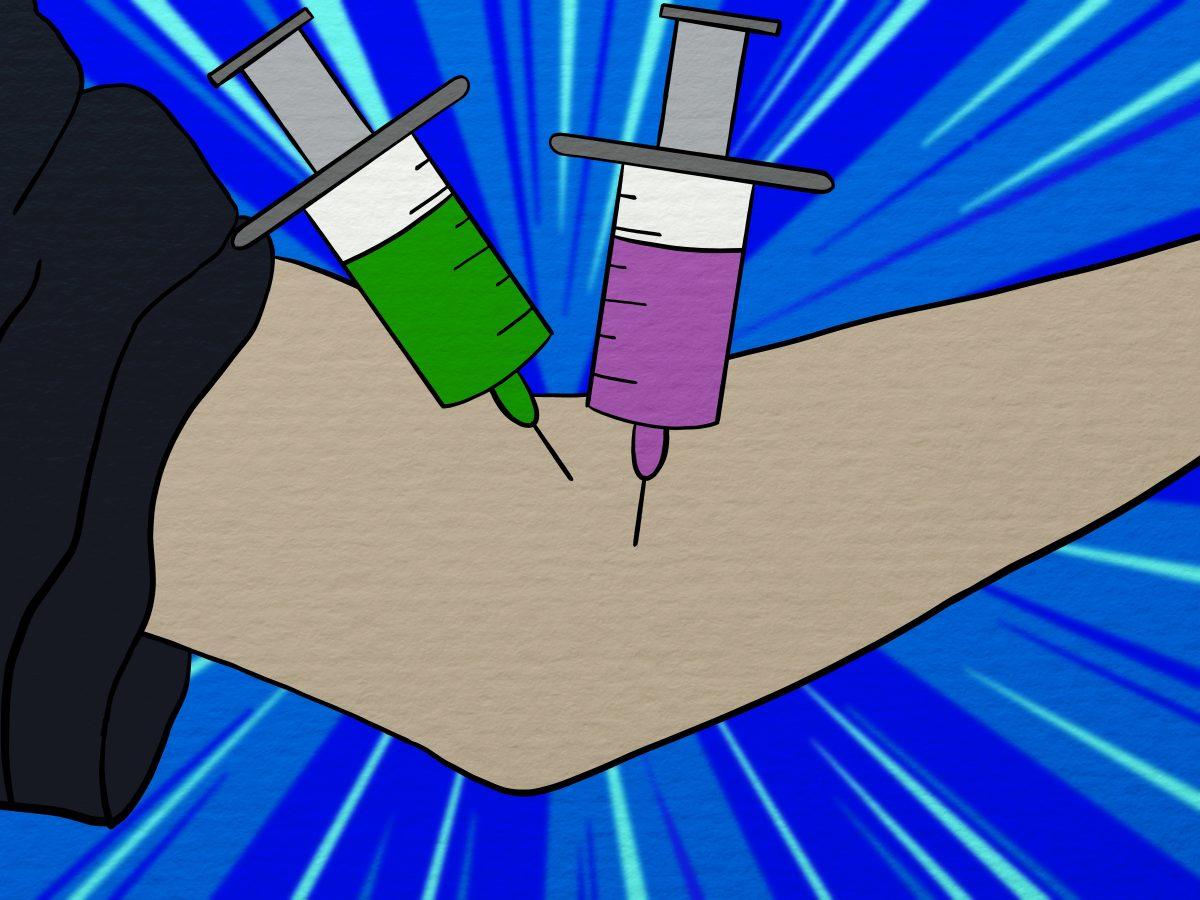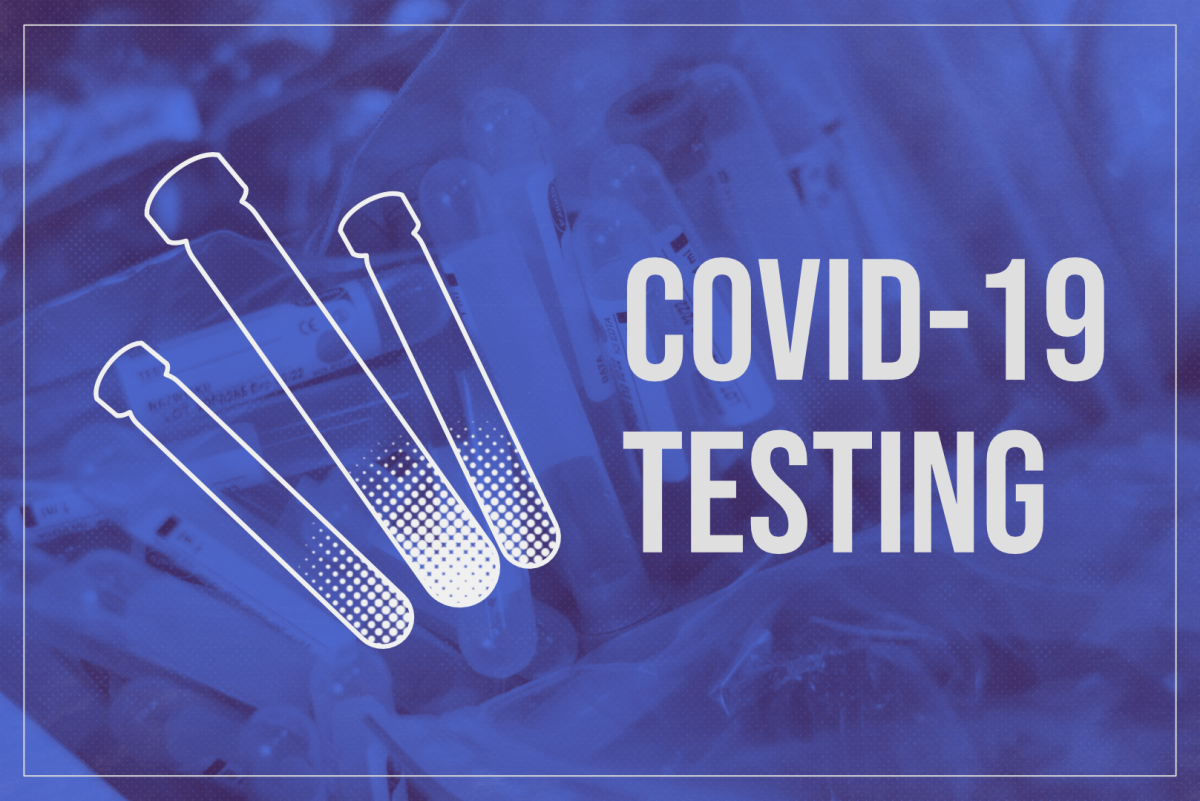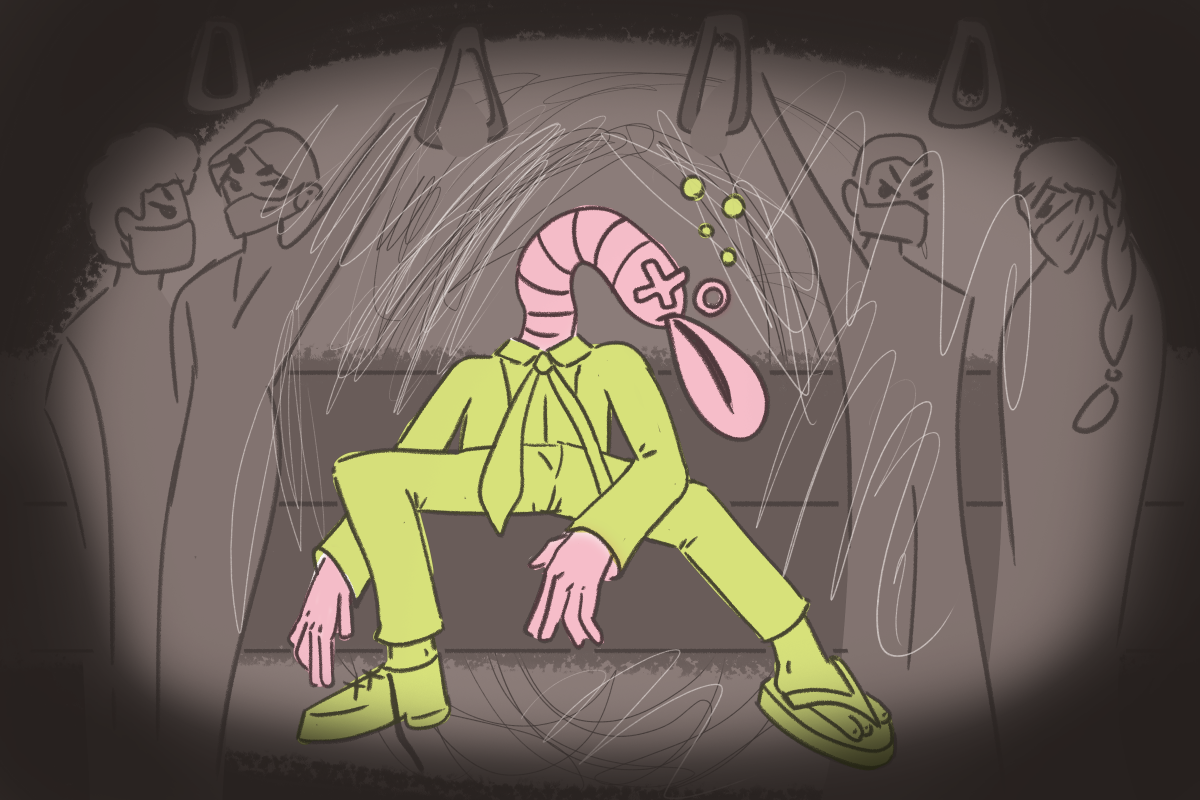As North Carolina continues to expand on its vaccination program, many NC State students who are now eligible for the COVID-19 vaccine have taken the opportunity to get their first and second dose. With NC State recently announcing student workers as able to get their first and second dose under the state’s vaccination program, many of these students have started to discuss their experiences with the vaccine’s availability and side effects.
Gayathri Ramanathan, a fourth-year studying biological sciences, said her internship at an open-door community clinic made her eligible to receive both doses of the vaccine.
“After the first dose, my arm was really sore for a day, but after that I was completely fine,” Ramanathan said. “[With] the second dose I’ve been getting headaches, I’ve been going in and out of fever a lot, but mostly not as bad as some horror stories I’ve heard about it.”
According to Ramanathan, clinics have to go through a certain number of vaccinations throughout the day, so any canceled appointment will be filled by a potential backup waitlist. With clinic interns considered health care workers, Ramanathan said she was able to fill out a Google form to join the waitlist. The clinic contacted Ramanathan after a patient canceled their vaccine appointment and she was next on the waitlist.
“I know, recently, a lot of my friends have gone through the WakeGOV website, which has an easy way to just streamline and find places that match with your schedule and get back to you in 24 hours,” Ramanathan said. “So that’s another way I’ve heard, but I got lucky, I got to just send it through the clinic, and they handled all the stuff for me.”
Ramanathan said while she definitely could tell her immune system was responding to the second dose of the vaccine, she had trust in the vaccine and the messaging from medical field experts. With some of her family members already vaccinated and some of her friends now eligible for the vaccine due to the inclusion of student workers in the current vaccination guidelines, Ramanathan said she was hopeful for the future.
“I feel like, yes, we can be worried about how it affects ourselves, but we’ve seen all the research and how, in the long run, how it’ll affect everyone and how much good it’ll do,” Ramanathan said. “I think that’s much more important.”
Ally Willman, a fourth-year studying biological sciences, also said her work in a medical clinic made her eligible to receive the vaccine, although signing up for the second dose proved more difficult than the first.
“I had to email the administrator for where I got my vaccine in Raleigh [and] ask for a separate link to sign up for the second dose,” Willman said. “The link I got sent was only for the first dose, so it was a little bit tricky signing up for the second dose.”
Despite the initial scheduling setback, Willman said she was still confident in the vaccine’s effectiveness and safety because seeing others get their doses without major side effects assured her of the benefits. Willman said she was also sure more people would gain trust in the vaccine as more and more people got their doses.
“I know a lot of my patients coming into my office have asked me if I’ve gotten the vaccine and talked to me about it,” Willman said. “I think we might be closer to being able to not have to wear masks anymore, opening up and being able to social distance a little bit less, and I think if getting the vaccine speeds that up then that might just be something we have to do.”
Emily Southard, a third-year studying mathematics education, said her work as a substitute teacher for a charter school made her eligible to receive the first dose of the vaccine last month.
“I literally didn’t have to do anything [to sign up for the first dose], which was really nice,” Southard said. “The school was partnering with a pharmacy, and the nurse at the school put everyone’s name in who wanted to get the vaccine, and she sent all the paperwork and everything.”
Southard said she didn’t feel any side effects after the first dose, aside from her arm feeling initially sore like any other vaccine. According to Southard, the only difference was the COVID-19 vaccine’s arm soreness was stronger, but still temporary, like other vaccines. Southard said she felt excited about getting her second dose and hopeful about the public’s perception of vaccines.
“I really feel like we can get through COVID if we all just kinda work together,” Southard said. “And that sounds cheesy but just go and get the vaccine, trust the scientists and trust the doctors because we can get through this.”


